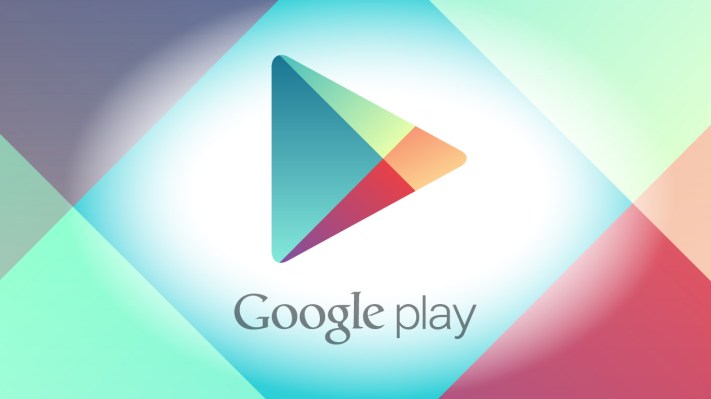In response to concerns held by the European Commission, and a request from the EU regulatory body to offer changes around how apps that offer in-app purchases are sold, Google will cease calling apps that feature in-app transactions free by the end of September (via Engadget). The EU has also said that Apple has not provided any timeline for how it will address the same complaints, but has promised to tackle it. Apple, meanwhile, has responded by pointing to its existing solutions, and those coming soon with the launch of iOS 8.
Apple provided the following statement to Engadget about its efforts with in-app purchases and educating customers as to their use and function, in response to the criticism levied by the European Commission:
Apple takes great pride in leading the industry in parental controls that are incredibly easy to use and help ensure a great experience for parents and children on the App Store. The parental controls in iOS are strong, intuitive and customizable. And over the last year we made sure any app which enables customers to make in-app purchases is clearly marked. We’ve also created a Kids Section on the App Store with even stronger protections to cover apps designed for children younger than 13.
These controls go far beyond the features of others in the industry. But we are always working to strengthen the protections we have in place, and we’re adding great new features with iOS 8, such as Ask to Buy, giving parents even more control over what their kids can buy on the App Store.
Our goal is to continue to provide the best experience for our customers and we will continue to work with the EC member states to respond to their concerns.
Apple is already doing a lot to ensure that mistakes like accidental purchases made by kids without their parents’ permission don’t happen in the future, and it’s doing that regardless of regional boundaries. Google’s changes will include guidelines for games that prevent explicit encouragement of in-app purchase activity aimed at children, and monitoring to make sure people abide by the letter of the law. These will be in effect for EU states specifically.
Apple’s plan appears to be to discuss its plans and policies around in-app purchases with individual EU member states on a case-by-case basis, which makes sense given the European Commission says that any further enforcement around IAP is now up to individual nations to decide.
This is a case where the EU’s perspective tends to favor corporate responsibility over individual duty, as with the Google ‘right to be forgotten’ ruling. Apple has acknowledged that it needs to do more to make sure parents know exactly how IAP works, and to provide better controls for managing their use, and that is indeed more than any others have stepped forward to offer thus far.
